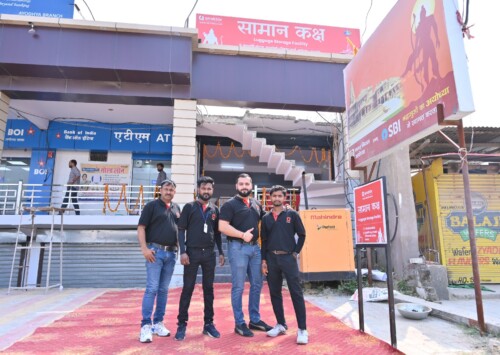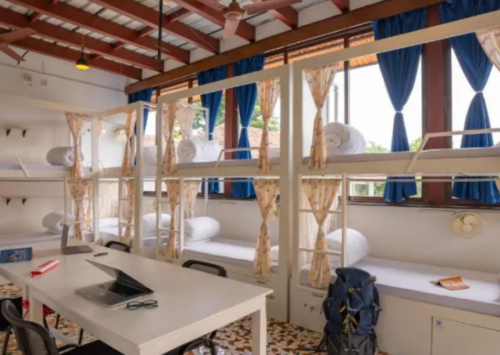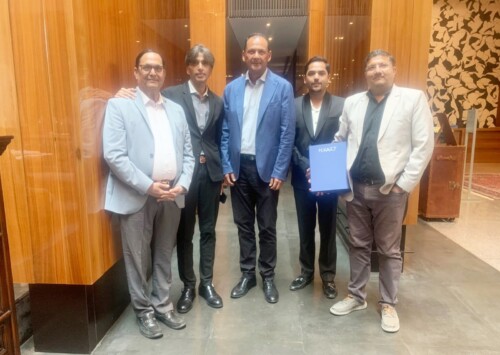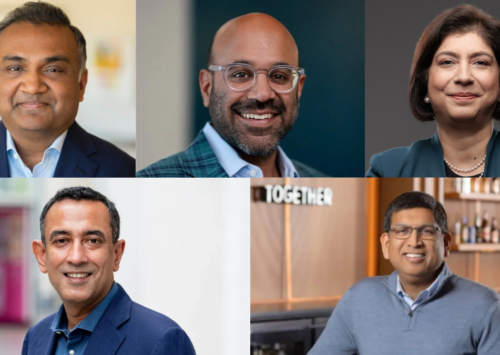Arya Niwas blends tradition with innovation, redefining hospitality
Interview with Pooja Bansal, Owner and General Manager, Arya Niwas
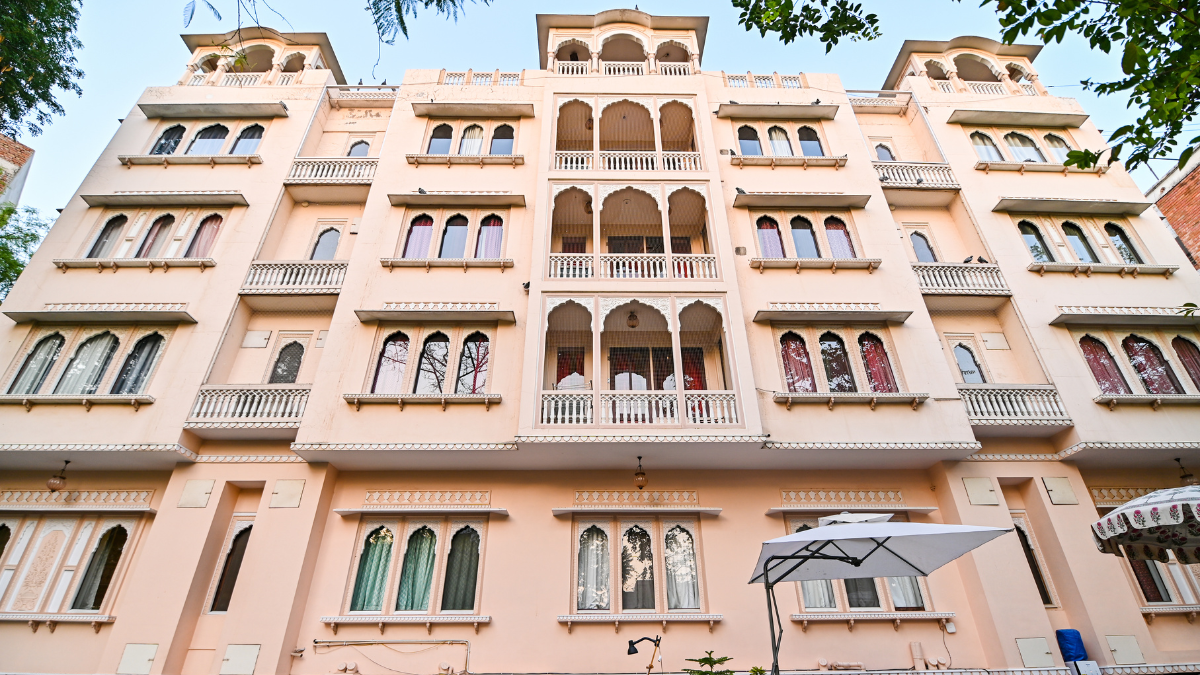
Arya Niwas properties cater primarily to tourists, and the group enjoys sharing knowledge about Jaipur city, culture and history
A family-run hospitality brand in Jaipur, Arya Niwas blends tradition, sustainability and personal guest connections. It is adapting through decades of change while expanding services to offer authentic, culturally immersive and globally appealing travel experiences, Pooja Bansal, Owner and General Manager, Arya Niwas, tells India & You.
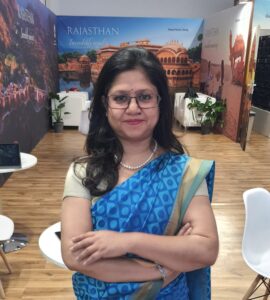
Pooja Bansal
What properties do you have in Jaipur or across Rajasthan?

Arya Niwas properties cater primarily to tourists, and the group enjoys sharing knowledge about Jaipur city, culture and history

Pooja Bansal
Arya Niwas is a 45-year-old, home-grown hospitality brand founded by my grandfather-in-law, who was an avid traveller. After his retirement at 60, he wanted to create a place where travellers could stay in a clean, value-for-money environment and enjoy home-style food, something he felt was missing in India at the time. This vision led to the opening of the first Arya Niwas hotel in 1983.
Over the years, the group has expanded to five properties in Jaipur. Our clientele is a mix of domestic and international guests, with occupancy patterns varying by season. At times, 75 pc of our guests are international, mainly from Europe, some staying for 30–45 days.
When you started, you had some unique policies like open kitchens. Have you maintained these, or have they changed over time?
Our policies have always evolved based on guest feedback and practical needs. For example, our kitchen was initially modelled after the way my grandmother-in-law cooked at home, serving traditional dishes like kareli ki sabzi (bitter gourd), baingan ka bharta (brinjal), khichdi (a dish made of rice and lentils), and curd rice, much loved by our international guests.
In the 1980s, foreigners were unfamiliar with Indian dishes, so we introduced a display menu where samples of each prepared dish were shown on the counter. Over time, we added facilities like self-cooking for guests who missed their own cuisine. The core idea remains, listen to guest needs, retain what works and drop what does not.
What challenges have you faced competing in the Indian hospitality sector against big brands?
Hospitality is sensitive to geopolitical events, currency fluctuations and India’s international image. For example, in 1983, the year Arya Niwas opened, the film Gandhi and a major TV series on India helped spark global curiosity about the country, indirectly boosting number of international tourists.
Challenges have included recessions, India–Pakistan tensions, and stiff competition from multinational chains. Stand-alone hotels like ours face visibility challenges, especially with today’s marketing shifting to online platforms and social media. However, long-term relationships with guests have insulated us somewhat. Some guests have been with us for 45 years, ever since our first days, and still stay at Om Niwas today.
The biggest adaptation today is learning to combine our traditional, personal engagement with modern digital outreach.
What is your client profile, and do you host weddings or large events?
Our clientele is a mix of domestic and international travellers, with the ratio fluctuating seasonally. We attract many long-stay guests, particularly European traders, who sometimes stay up to 45 days. Across our five properties, international guests sometimes make up 75 pc of occupancy.
We do host events, but selectively. While many hotels focus heavily on wedding business, which can be lucrative, our group emphasises the traveller experience, tranquillity, cultural connection and consistent service. Large events like grand weddings can disrupt that atmosphere. We generally accept only small, niche weddings and events that align with our ethos.
What lessons have you learned from the market over the years?
The most important lesson is to truly listen to guests. Every element, from menu changes to space design and even our marketing strategies, has evolved through guest feedback. A hotelier cannot decide in isolation what is best, the guest’s perspective is the most valuable guide.
How did the Covid-19 pandemic impact your business, and how have you adapted since?
Interestingly, we were never completely shut during the pandemic. Om Niwas’ self-cooking facilities allowed us to host international guests stranded in India, government employees and even pilots on duty for the Chief Minister. At one point, around 14–15 guests stayed with us throughout the lockdown.
It was challenging since many team members were initially unwilling to work on-site. We implemented sanitation protocols and supported our long-term guests, who developed close bonds during isolation. One key insight from the pandemic was the irreplaceable value of human connection.
While post-pandemic hospitality has embraced contactless check-ins, we found that people still craved personal interaction. Guests wanted genuine conversations with our staff, which often helps them settle emotionally when arriving in a new country. Since then, we have embraced technology and AI to enhance, not replace, human engagement.
Looking ahead, what new amenities or services are you planning to introduce, especially at Om Niwas?
All our properties cater primarily to tourists, and we enjoy sharing knowledge about our city, culture and history. Going forward, we are introducing a swimming pool at both Arya Niwas and Om Niwas, expanding café offerings with more international-style cuisine and adding a spa to elevate the overall guest experience.
We continuously upgrade spaces to match evolving expectations, but our ultimate goal is for guests to truly experience and understand Jaipur and Rajasthan, not just from their hotel rooms, but through a genuine connection to the city.


